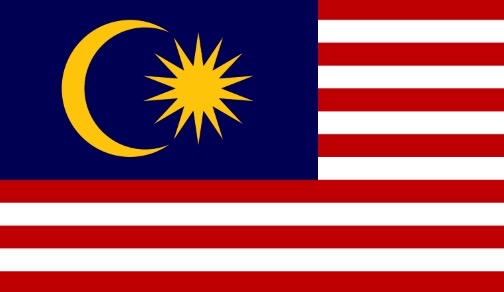Analysis of the socio-environmental vulnerability of black and Caucasian pregnant women in Salvador, Bahia, Brazil to the occurrence of microcephaly associated with the congenital syndrome of zika virus

Published: 16 June 2020
Abstract Views: 1658
PDF: 903
HTML: 31
HTML: 31
Publisher's note
All claims expressed in this article are solely those of the authors and do not necessarily represent those of their affiliated organizations, or those of the publisher, the editors and the reviewers. Any product that may be evaluated in this article or claim that may be made by its manufacturer is not guaranteed or endorsed by the publisher.
All claims expressed in this article are solely those of the authors and do not necessarily represent those of their affiliated organizations, or those of the publisher, the editors and the reviewers. Any product that may be evaluated in this article or claim that may be made by its manufacturer is not guaranteed or endorsed by the publisher.
Similar Articles
- Mai Liu, Yin Zhang, Impact of climate change on dengue fever: a bibliometric analysis , Geospatial Health: Vol. 20 No. 1 (2025)
- Wentao Yang, Fengjie Wang, Yihan You, Zhixiong Fang, Xing Wang, Xiaoming Mei, Optimizing vaccination sites for infectious diseases based on heterogeneous travel modes in multiple scenarios , Geospatial Health: Vol. 20 No. 1 (2025)
- Néstor DelaPaz-Ruíz, Ellen-Wien Augustijn, Mahdi Farnaghi, Sheheen A. Abdulkareem, Raul Zurita Milla, Integrating agent-based disease, mobility and wastewater models for the study of the spread of communicable diseases , Geospatial Health: Vol. 20 No. 1 (2025)
- Adel Al-Huraibi, Sherif Amer, Justine Blanford, Prioritizing the location of vaccination centres during the COVID-19 pandemic by bike in the Netherlands , Geospatial Health: Vol. 20 No. 1 (2025)
- Sarah K. Konrad, Scott N. Miller, Application of a degree-day model of West Nile virus transmission risk to the East Coast of the United States of America , Geospatial Health: Vol. 7 No. 1 (2012)
- Tyla S. Holsomback, Christopher J. Van Nice, Rachel N. Clark, Nancy E. McIntyre, Alisa A. Abuzeineh, Jorge Salazar-Bravo, Socio-ecology of the marsh rice rat (Oryzomys palustris) and the spatio-temporal distribution of Bayou virus in coastal Texas , Geospatial Health: Vol. 7 No. 2 (2013)
- Nicolai Denzin, Joachim Borgwardt, Conrad Freuling, Thomas Müller, Spatio-temporal analysis of the progression of Aujeszky's disease virus infection in wild boar of Saxony-Anhalt, Germany , Geospatial Health: Vol. 8 No. 1 (2013)
- Ronaldo G. C. Scholte, Nadine Schur, Maria E. Bavia, Edgar M. Carvalho, Frédérique Chammartin, Jürg Utzinger, Penelope Vounatsou, Spatial analysis and risk mapping of soil-transmitted helminth infections in Brazil, using Bayesian geostatistical models , Geospatial Health: Vol. 8 No. 1 (2013)
- Ruy Brayner Oliveira Filho, Karla Campos Malta, Vania Lucia Assis Santana, Mabel Hanna Vance Harrop, Danilo Tancler Stipp, Daniel Friguglietti Brandespim, Rinaldo Aparecido Mota, José Júnior Wilton Pinheiro, Spatial characterization of Leptospira spp. infection in equids from the Brejo Paraibano micro-region in Brazil , Geospatial Health: Vol. 8 No. 2 (2014)
- André T. J. Alves, Flávio F. Nobre, The acquired immunodeficiency syndrome in the State of Rio de Janeiro, Brazil: a spatio-temporal analysis of cases reported in the period 2001-2010 , Geospatial Health: Vol. 8 No. 2 (2014)
1-10 of 72
Next
You may also start an advanced similarity search for this article.











